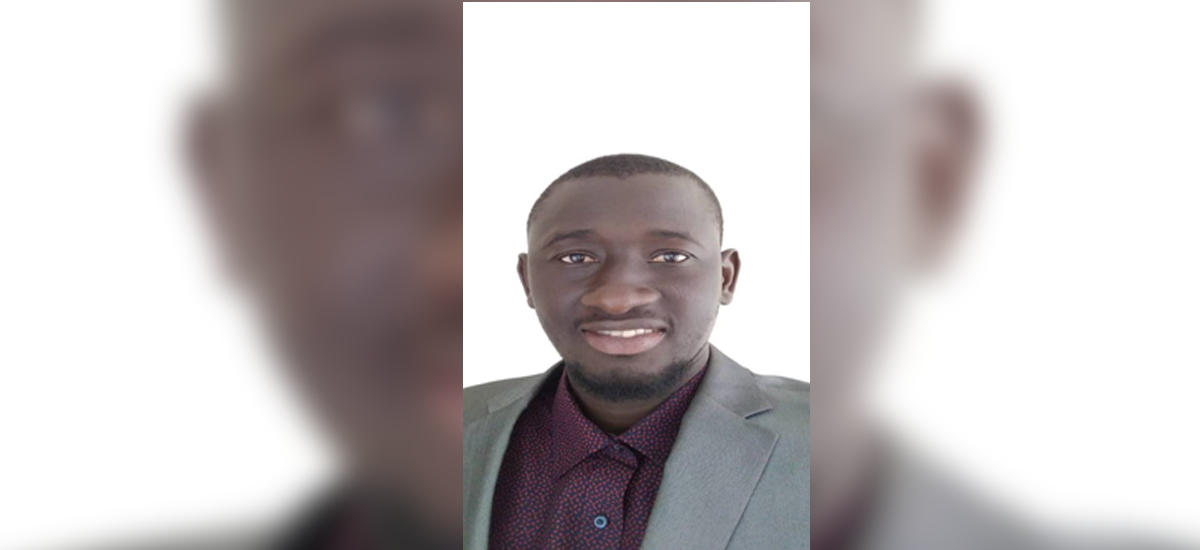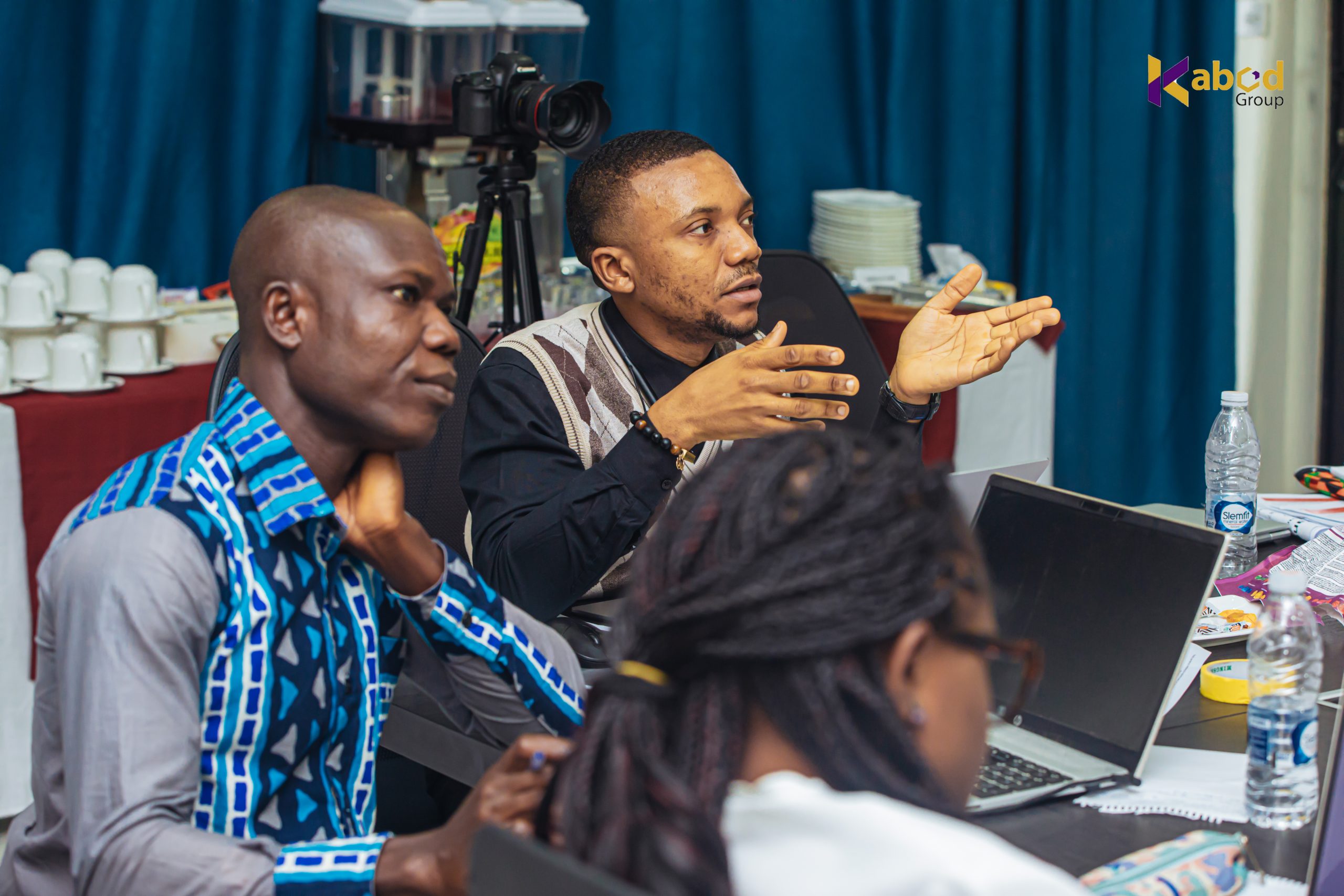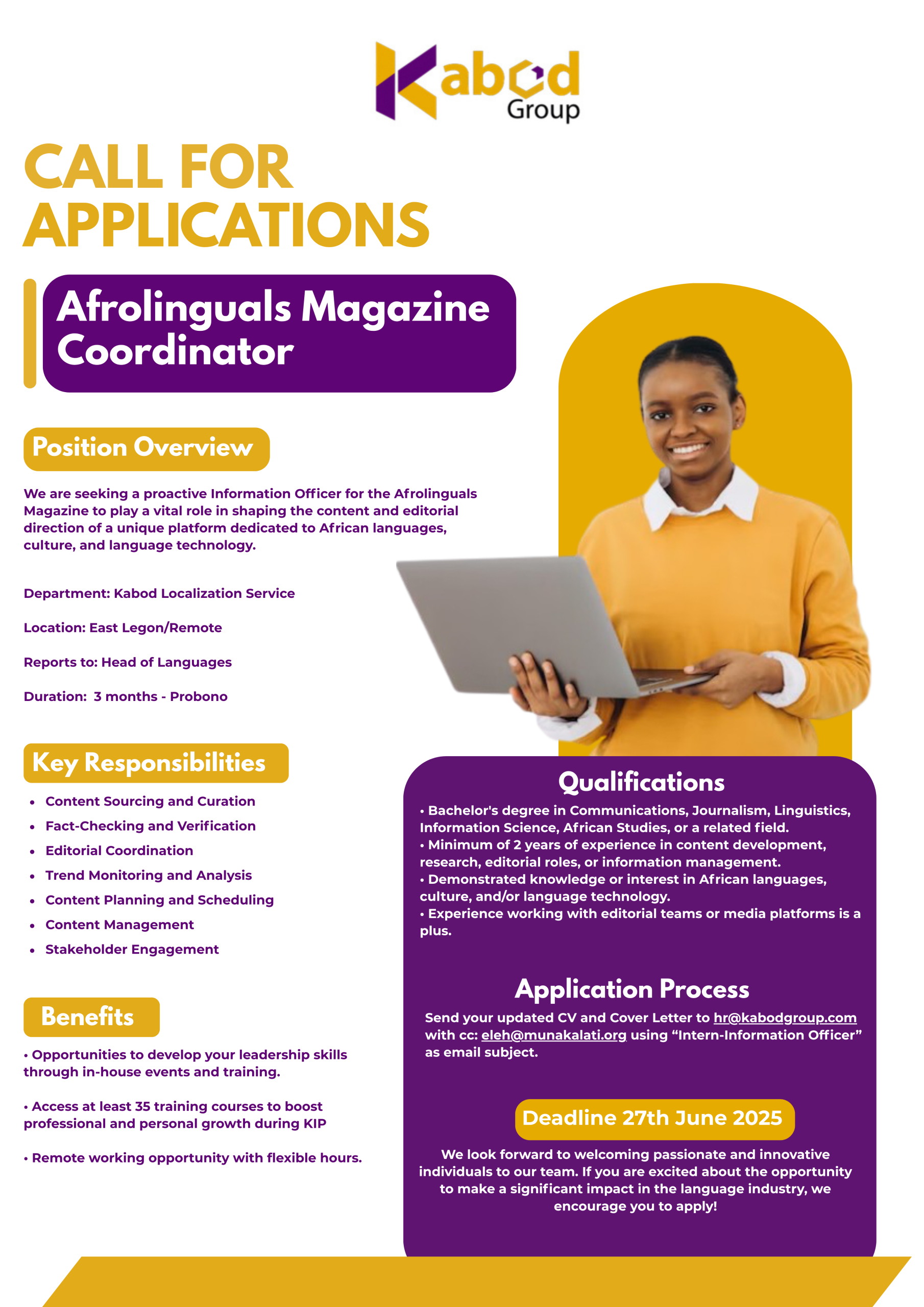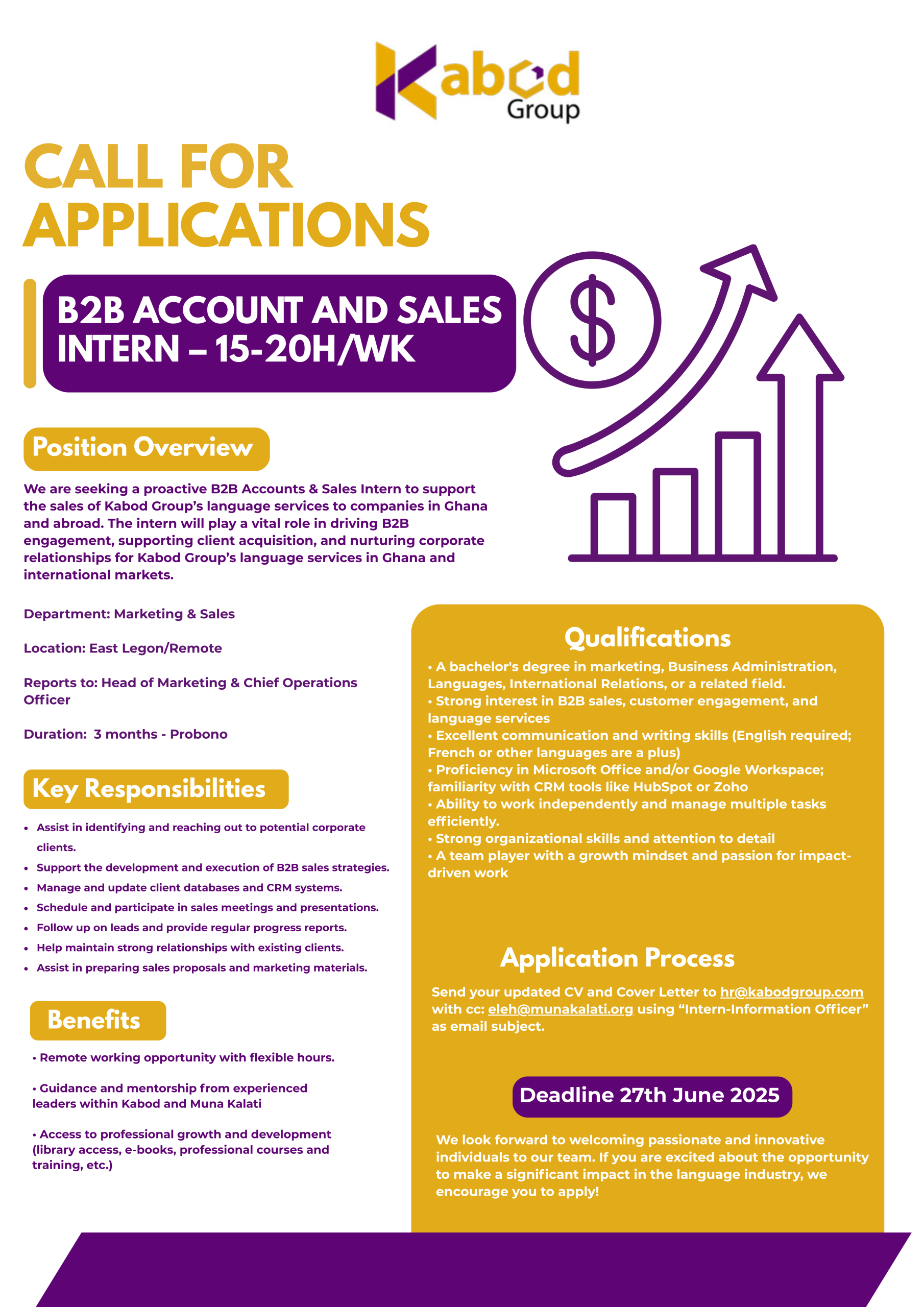The language industry in Africa is full of untapped opportunities. Kabod has ventured on a journey of identifying, documenting and highlighting inspiring stories and innovative projects from entrepreneurs, researchers and freelancers in the translation, interpretation and natural language processing communities. The final goal is to celebrate African professionals in the language industry and facilitate knowledge and experience sharing.
Mr. Mouhamed Diop, our next interviewee is the founder of AA-Langues, a translation company in Senegal. They provide translation services in three languages which are English, French and Wolof. Here is a fruitful interview we had with him.
Kabod: What attracted you to the role of translator? How did you start your career in the translation/interpretation industry?
I love languages and I started my professional career in 2015 after completion of my MA in translation at Gaston Berger University in Saint-Louis, Senegal.
Kabod: How does your native language influence your fluency with other languages?
My native language is Wolof. It does not influence my other working languages very much because I have a strong command of both English and French and teach them as well.
Kabod: What are some of the relevant initiatives or projects you are currently working on?
I intend to carry out an academic research on the issues and difficulties accredited translators face in Senegal, and suggest long-lasting solutions.
Kabod: What type of translation do you find most difficult?
Legal translation is more difficult than any other translation type. Jurists have their own way to formulate sentences and the translator must always seek to translate as faithfully as possible while avoiding literal translation that might be nonsensical.
Kabod: How do you market yourself and your services as a translator?
90% of my clients contact me thanks to my references on my blog, promoting websites like www.goafricaonline.com, www.astra-sn.com and my own website.
Kabod: How did you get your first contract?
I got my very first contract through my teachers.
Kabod: How can African translators position themselves to better tap opportunities in the global language industry?
African translators should work in creating well-organized and honest professional networks.
Maybe it is good to have one’s own website or a LinkedIn profile, but being part of a bigger family seems much better.
African translators must also upgrade their command of African languages because as translators, our first mission should aim to promote our local languages.
Kabod: What strategies do you use to increase your pool of clients while maintaining the existing ones?
I always respect deadlines. I do spotless work and I am available and honest. For example, I never accept to work towards a language that I do not have a command of though I have notions of it. Also, the deadlines I give are always respected.
This is mostly enough for clients to keep contacting you and linking you to more people.
Kabod: Do you have any translation topics you specialize in? Why those topics?
I specialize mostly in the fields of animal health, agriculture, nutrition and food because I did my translation internships only with NGOs working in bettering equid animals’ lives.
Kabod: Are you using Computer Assisted Translation (CAT) tools? Which one do you prefer and why?
CAT tools are a must. 80% of clients often complain about being in a hurry and without CAT tools, tight deadlines will not be honored. I mostly use Trados Studio, Deepl, Wordfast and Memsource. Sometimes, clients express their needs in working with a particular CAT tool.
Kabod: Do you think there is a viable market for African languages translation/interpretation? Are there enough economic opportunities for translators/interpreters in African languages?
There is a growing interest in African languages. I do believe African languages specialists will be served sooner or later.
Kabod: Are you a member of a strong network of translators?
I am a first-hour and regular member of Astra (Association sénégalaise des traducteurs) created in September 2017 in Dakar.
Kabod: What are the three top pieces of advice that you will share to a budding translator/interpreter from Africa from your experiences?
1) A translator must read a variety of texts
2) Watch documentaries
3) Discuss with resourceful people on any topic
Kabod: How do you envision the future of translation in African languages?
The growth of African languages has no limit.
An unexplored or less explored thing always has the power of attraction, but the future of African languages will depend on the day Africans themselves will start to seriously learn their mother tongues and use them officially on top of “received or imposed languages”.
Thanks, Mr. Mouhamed, for your time and for sharing your experiences with us.
Are you also in the language industry in Africa? Would you also like to be featured in our Knowledge Exchange Series, which highlight the journey and experiences of African language translators, interpreters, computational linguists etc.,? Then, reach out to languages@kabodgroup.com to express interest.




